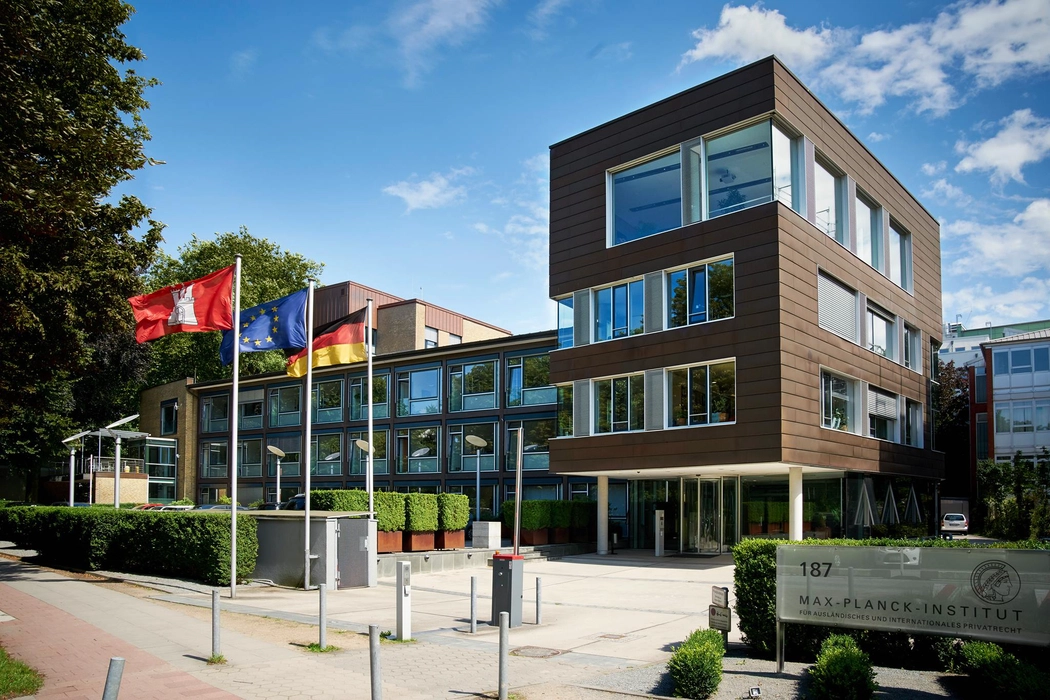How Is the Principle of the Best Interests of the Child Applied in Islamic Family Law?
DOI:
https://doi.org/10.21036/LTPUB10471Researcher
Nadjma Yassari is Research Fellow at the Max Planck Institute for Comparative and International Private Law where she researches the laws of Muslim jurisdictions. Since 2009, she has been leader of the Max Planck Research Group ‘Changes in God’s Law – An Inner Islamic Comparison of Family and Succession Laws’. Her research focuses on International and Private Law in the Near and Middle East, Iran and Afghanistan.

Original Publication
Parental Care and the Best Interests of the Child in Muslim Countries
Nadjma Yassari,
Lena-Maria Möller,
Imen Gallala-Arndt
Published in
Citation
Nadjma Yassari,
Latest Thinking,
How Is the Principle of the Best Interests of the Child Applied in Islamic Family Law?,
https://doi.org/10.21036/LTPUB10471,
Credits:
© Nadjma Yassari
and Latest Thinking
This work is licensed under CC-BY 4.0
